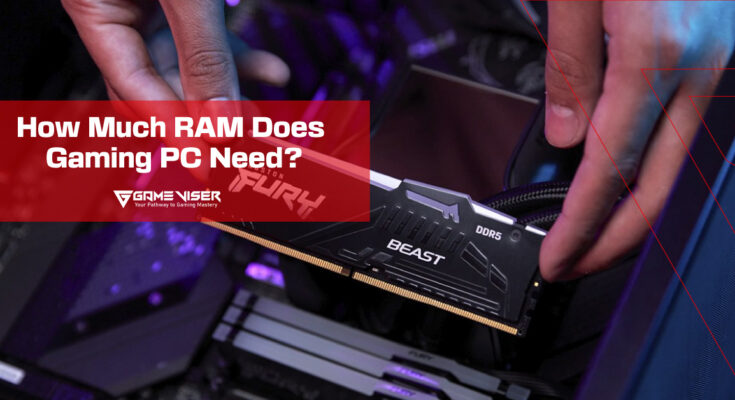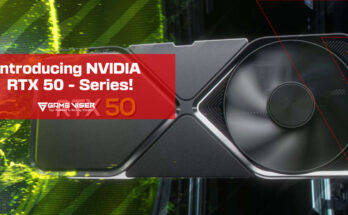Wondering how much RAM you need for gaming? Learn about the ideal RAM for gaming PCs, from casual gaming to high end setups, and improve your performance.
Table of Contents
Introduction
In today’s world of high performance gaming, having the right hardware components is crucial to maximizing your gaming experience. While the CPU and GPU are often the stars of the show, the role of RAM (Random Access Memory) cannot be overlooked. RAM acts as the short term memory of your gaming PC, helping to load and run games smoothly. But how much RAM do you really need to get the best performance out of your gaming PC?
What is RAM and Why is it Important for Gaming?
RAM (Random Access Memory) is a form of volatile memory that temporarily stores data that your computer is actively using. In gaming, RAM acts as a middleman between the game files stored on your hard drive or SSD and your CPU or GPU. It helps load game data quickly, allowing your system to process game textures, environments, character animations, and more without delay.
When you run a game, your system loads textures, assets, and game logic into the RAM, allowing the game to run smoothly. Without enough RAM, your gaming performance can suffer from stuttering, lagging, or even complete crashes, especially in modern AAA titles that demand more memory.
How Much RAM Do You Need for Gaming?
The amount of RAM you need for a gaming PC varies based on several factors, such as the type of games you play, the resolution and settings you prefer, and how much multitasking you do while gaming. Let’s break down the RAM requirements for different gaming scenarios.
4GB RAM – Bare Minimum for Older Games
In 2024, 4GB of RAM is considered the absolute bare minimum for any kind of gaming. It’s suitable only for older titles or casual games like Minecraft, League of Legends, or Counter-Strike: Global Offensive at lower settings. Modern games, however, will struggle with this amount of memory, leading to choppy gameplay and long load times.
With only 4GB of RAM, you might face the following issues:
- Significant lag and stuttering.
- Longer loading times.
- Inability to run newer games at acceptable frame rates.
- Limited multitasking, meaning you can’t run many applications alongside your game.
8GB RAM – Entry-Level for Most Games
8GB of RAM is often considered the entry point for modern gaming. It allows you to play most older AAA titles and less demanding games at decent settings, but you’ll still hit performance bottlenecks with newer games or higher settings.
With 8GB of RAM, you can expect:
- Decent performance for older and indie games.
- The ability to run games like Fortnite, PUBG, or GTA V at medium settings.
- Limited multitasking while gaming (e.g., streaming or running multiple programs).

However, many new AAA games recommend more than 8GB of RAM for smooth performance, especially if you plan to play at higher resolutions like 1440p or 4K.
16GB RAM – The Sweet Spot for Most Gamers
16GB of RAM is currently considered the “sweet spot” for most gamers. This amount of memory ensures that you can comfortably play nearly all games on high settings, even in 2024. It also provides enough headroom for multitasking, such as streaming, recording, or running background applications like Discord or Chrome while gaming.
With 16GB of RAM, you can expect:
- Smooth performance in most AAA titles, including graphically demanding games like Cyberpunk 2077, Elden Ring, and Call of Duty: Warzone.
- The ability to run multiple applications in the background without noticeable performance drops.
- Better performance in high-resolution gaming (1440p or 4K).
- Future-proofing for upcoming game releases that may demand more resources.
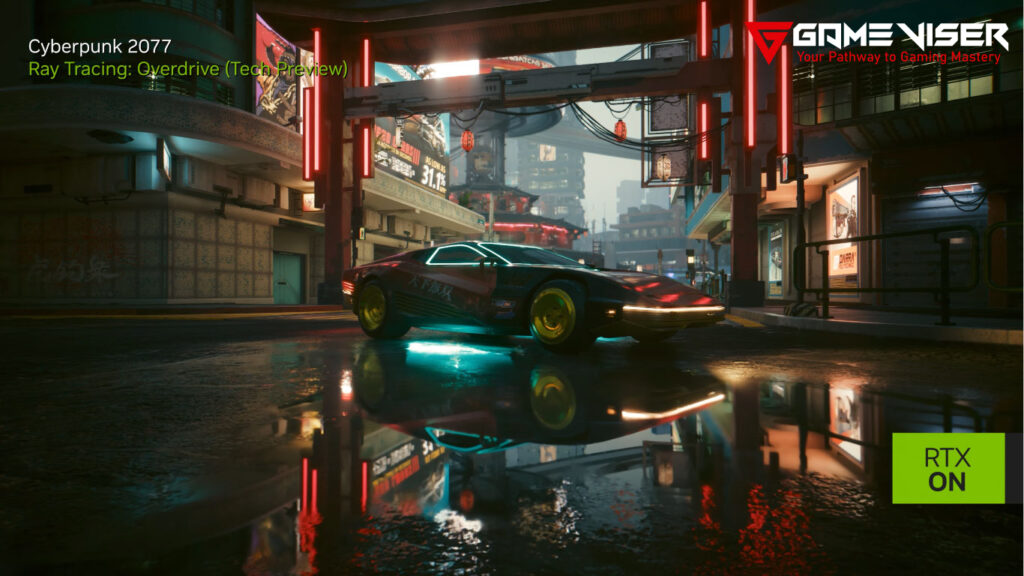
For most gamers, 16GB strikes the right balance between cost and performance, providing enough memory for today’s games without overpaying for RAM you won’t immediately need.
32GB RAM – For Enthusiasts and Heavy Multitaskers
32GB of RAM is overkill for most gaming scenarios but is beneficial if you’re an enthusiast or someone who multitasks heavily. This configuration is ideal for gamers who also engage in activities like content creation, streaming, video editing, or running virtual machines simultaneously.
With 32GB of RAM, you can expect:
- Top-tier performance in all games, even when playing at 4K with ultra settings.
- Plenty of headroom for running multiple demanding applications simultaneously (e.g., streaming at high resolution while running intensive games).
While 32GB is not necessary for most gamers, it’s worth considering if you want to future-proof your system or have additional needs beyond gaming.
64GB RAM and Beyond – Only for Extreme Scenarios
64GB of RAM is extremely excessive for gaming alone. This amount is typically reserved for professionals working with large datasets, high-end video editing, or other memory-intensive tasks like 3D rendering. There’s no game on the market today that will require this much RAM, and even with the most demanding applications, you’ll rarely, if ever, utilize all 64GB.
However, some ultra-enthusiasts or professional streamers who run multiple high-end applications and services simultaneously might opt for 64GB.
Factors to Consider When Choosing Gaming RAM
Now that we’ve covered the basic RAM requirements for different types of gaming, let’s take a look at some important factors to consider when choosing RAM for your gaming PC.
DDR Types: DDR4 vs. DDR5
DDR (Double Data Rate) memory comes in various generations. The most common RAM type currently used in gaming PCs is DDR4, but DDR5 is rapidly gaining popularity.
- DDR4: DDR4 is the most widely available RAM type and is suitable for most gaming builds. It offers a good balance of speed and cost. Most DDR4 RAM kits are available in speeds ranging from 2400MHz to 3600MHz, with 3200MHz being a popular choice for gaming PCs.
- DDR5: DDR5 is the latest memory standard and offers higher speeds and improved performance over DDR4. It’s best suited for the latest gaming builds, especially those using Intel’s 12th or 13th-gen processors or AMD Ryzen 7000 series CPUs. DDR5 starts at higher speeds (4800MHz+) but comes at a premium cost compared to DDR4.
While DDR5 is more future-proof, DDR4 remains a solid choice for most gamers, especially those on a budget.
RAM Speed (Frequency) and Latency
RAM speed refers to how quickly the memory can transfer data. It’s measured in megahertz (MHz), with higher numbers generally indicating faster memory. For gaming, RAM speed does have an impact, but the difference between base speeds and higher frequencies is often minimal in real-world gaming scenarios.
Most gamers should aim for at least 3200MHz RAM for DDR4 or 4800MHz RAM for DDR5. However, anything beyond 3600MHz for DDR4 typically offers diminishing returns in gaming performance unless you’re working with memory intensive applications outside of gaming.
Dual-Channel vs. Single-Channel RAM
For optimal gaming performance, it’s important to use RAM in a dual-channel configuration. This means installing two RAM sticks instead of one, which allows your system to access memory more efficiently. For example, instead of buying a single 16GB stick of RAM, purchase two 8GB sticks to take advantage of dual-channel memory architecture.
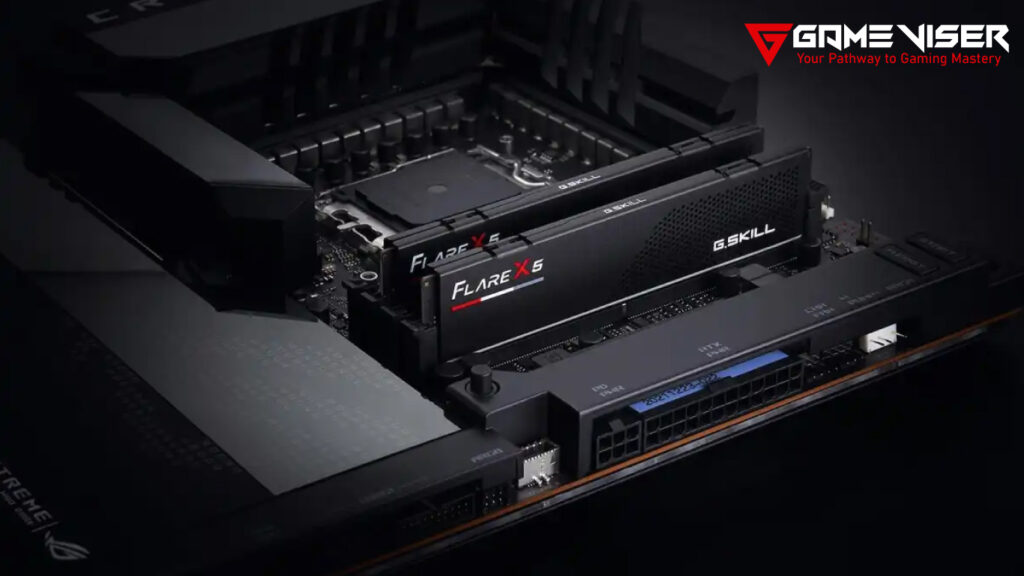
Dual-channel memory can provide a slight performance boost in gaming and multitasking, as it allows the CPU to access data from two memory sticks simultaneously, reducing potential bottlenecks.
Popular Games and Their RAM Requirements
Different games have varying RAM requirements based on their complexity, graphics, and overall demands. Here’s a look at some popular titles and the RAM they require for smooth gameplay.
- Fortnite: 8GB recommended for decent performance, but 16GB for optimal multitasking.
- Cyberpunk 2077: 12GB minimum, 16GB recommended for high settings.
- Call of Duty: Warzone: 12GB minimum, 16GB for better performance at high settings.
- GTA V: 8GB minimum, 16GB for smoother gameplay at high settings.
- Red Dead Redemption 2: 12GB minimum, 16GB recommended for higher settings.
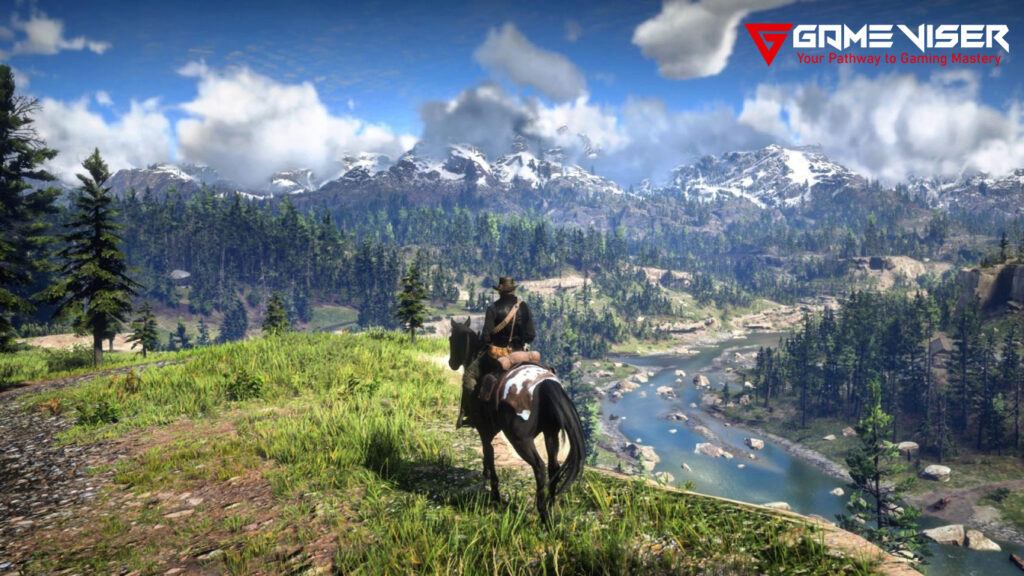
As a general rule of thumb, most modern AAA games recommend 16GB of RAM for optimal performance, especially when playing at high resolutions or on ultra settings.
Future RAM Requirements for Gaming
With the rapid advancement in gaming technology, including the rise of ray tracing, AI-enhanced graphics, and more realistic open-world environments, the demand for RAM is likely to increase over the next few years.
Games are becoming more complex, and with the development of virtual reality (VR), augmented reality (AR), and immersive 3D experiences, having more RAM will be essential for maintaining smooth performance. While 16GB of RAM is currently enough for most gaming, you may want to consider upgrading to 32GB to future proof your system for upcoming AAA titles.
Conclusion
In summary, the amount of RAM your gaming PC needs depends on the types of games you play and your multitasking habits. Here’s a quick breakdown:
- 4GB: Only suitable for older or casual games.
- 8GB: Sufficient for entry-level gaming but not ideal for modern AAA titles.
- 16GB: The sweet spot for most gamers, providing excellent performance and future proofing.
- 32GB: Ideal for gamers who multitask or stream while gaming or for those who want to future proof their setup.
- 64GB: Overkill for gaming but useful for professional applications beyond gaming.
Investing in the right amount of RAM can significantly enhance your gaming experience, but it’s important to balance your budget with your gaming needs. For most gamers in 2024, 16GB of RAM offers the best balance of performance and value, ensuring smooth gameplay in nearly all titles and enough headroom for future games.
FAQs
Is 32 GB RAM overkill for gaming?
Yes, 32GB is overkill for most gaming but useful for heavy multitasking or future-proofing.
How much RAM should I get for a gaming PC?
16GB is ideal for most gamers, offering a balance of performance and future-proofing.
Is 16 GB of RAM good for a gaming PC?
Yes, 16GB is perfect for modern games and multitasking.
Is 16 GB RAM enough for gaming in 2024?
Yes, 16GB is sufficient for most AAA games and high settings in 2024.
Is an i5 16GB RAM good for gaming?
Yes, an i5 with 16GB RAM is good for gaming, offering solid performance in most titles.
How much RAM for 2K gaming?
16GB is typically enough for smooth 2K gaming.
Can RAM affect FPS?
Yes, insufficient or slow RAM can affect FPS, but beyond 16GB, the impact is minimal.

